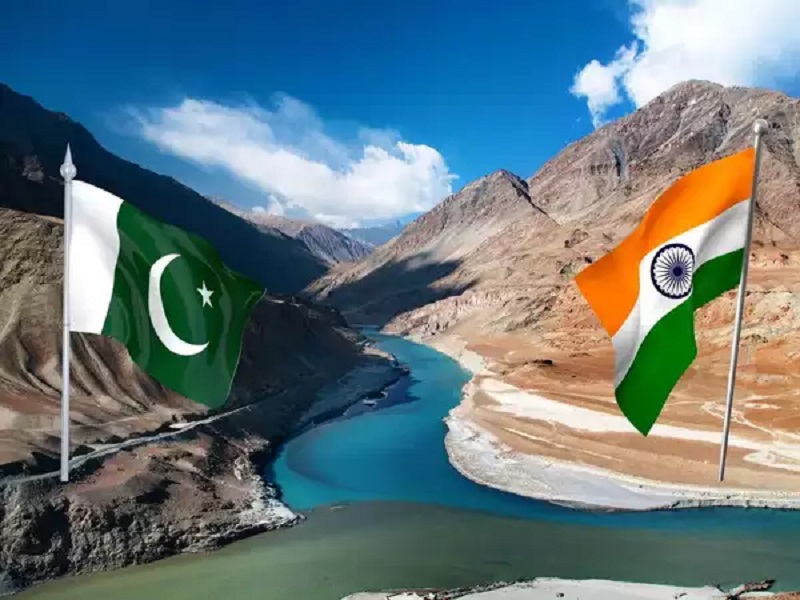In a major escalation of regional tensions, the Indian government has unilaterally suspended the 1960 Indus Waters Treaty with Pakistan, raising serious concerns about regional stability and Islamabad’s access to vital water resources.
The move comes amid a broader diplomatic offensive by India, which includes the closure of the Attari-Wagah border, a reduction in diplomatic staff, and the suspension of visa services. Foreign Secretary Vikram Misri confirmed the suspension, stating that India would no longer abide by the treaty until Pakistan provides verifiable evidence of ending its alleged support for cross-border terrorism.
This marks the most significant challenge yet to the six-decade-old treaty, which has withstood wars, political tensions, and border skirmishes between the two nuclear-armed nations.
About the Indus Waters Treaty
Brokered by the World Bank and signed in 1960 by India’s Prime Minister Jawaharlal Nehru and Pakistan’s President Ayub Khan, the treaty allocated control of the six Indus Basin rivers:
-
India gained rights to the eastern rivers (Beas, Ravi, Sutlej),
-
Pakistan secured access to the western rivers (Indus, Chenab, Jhelum).
READ MORE: OnePlus 13T Launches in China as Brand Eyes Compact Flagship for India
India retained limited non-consumptive rights (up to 20%) over the western rivers, mainly for hydroelectricity. Despite being considered one of the world’s most successful water-sharing agreements, it has come under increasing strain in recent years due to rising political tensions.
Growing Strains and Treaty Violations
The suspension does not immediately cut off water supplies to Pakistan, but experts warn that India has failed to meet key obligations in recent years. These include:
-
Skipping annual water commissioner meetings,
-
Providing only partial data on river flows, often reporting just 40% of required figures,
-
Holding back nearly 20% of Pakistan’s water share through upstream storage.
With the treaty suspended, India could fast-track or alter infrastructure projects like dams or diversions on western rivers without consulting Pakistan—posing long-term threats to downstream water availability.
Legal and Strategic Implications
Legal experts have strongly criticized India’s decision, arguing that the treaty contains no provision for unilateral withdrawal or suspension. Any alteration must be mutually agreed upon, making India’s move potentially in violation of international law.
This isn’t the first time the treaty has been politicized. India made similar threats following terror attacks in 2001, 2016 (Uri attack), and 2019 (Pulwama bombing).
While the immediate impact on Pakistan’s water access may be limited, experts warn that undermining treaty mechanisms and trust could open a new front in South Asia’s geopolitical rivalry—turning water into a weapon of influence and conflict.




